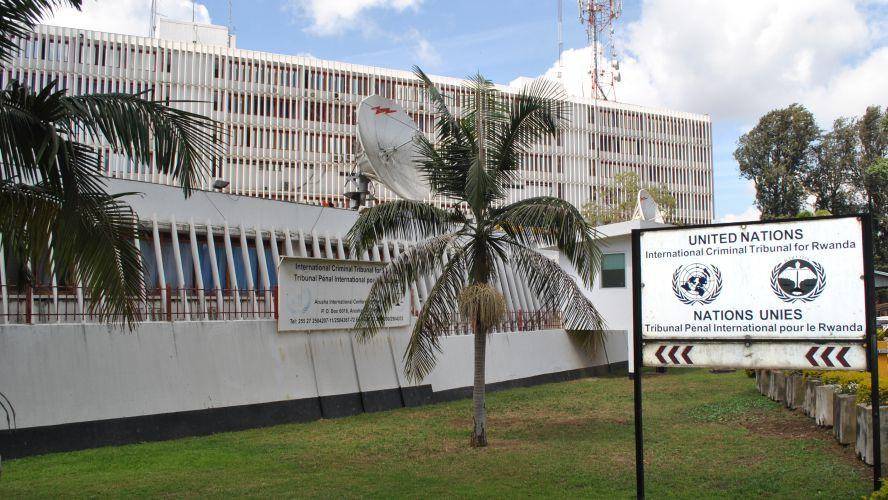On November 8, 1994, the Security Council of the United Nations adopted Resolution 955 creating an ad hoc international criminal tribunal to judge individuals responsible for violations of international humanitarian law committed in Rwanda between January 1, 1994 and December 31, 1994. This initiative by the Security Council is controversial and open to serious criticism. In its form and structure, the Tribunal does not respect basic legal requirements of independence, impartiality, and broad international acceptance required of a tribunal set up in international law. Furthermore, its mandate – limited in time, limited in who can be indicted, and narrowly limited in jurisdiction to violations of international humanitarian law – will prevent any light from being shed on the real issue raised by the Rwandan conflict, namely that of armed military intervention in Rwanda from Uganda, the root cause of the conflict.
The likely result of its hearings and judgments will be the reinforcement of a distorted one-sided view of the crisis in Rwanda, and a justification for further genocide against the Hutu populations of the region by the Tutsi minority now in power. It will legitimate further interventionist policies in Africa and elsewhere to the detriment of established principles of international law and institutionalize the de facto impunity for the members and supporters of the present government of Rwanda who undoubtedly committed many serious crimes between October 1, 1990 and the present presente. It will likely prevent the international community from learning about the causes of the terrible events which took place in Rwanda from 1990 to the present.
The Tribunal for Rwanda can only deal with violations of international humanitarian law… Neither school of humanitarian law envisages criminal liability for planning or waging wars of aggression, or wars of invasion nor do they look at causes of conflicts and assign responsibility. He who makes war, who invades another country is not per se violating humanitarian law. International law, international human rights law and the legacy of Nuremberg are not so limited, so myopic. The violation of national sovereignty, the planning and waging of a war of aggression are among the greatest crimes which exist and are established concepts universally recognized in international law. In the search for peace and truth, in the quest to understand the causes of war, a tribunal set up to judge participants in a war must first indict the aggressor, those make the wars. The Tribunal for Rwanda cannot deal with this primary responsibility.
Any solution to the Rwandan crisis must be political. If ever it sits, the present International Criminal Tribunal for Rwanda will only prosecute members of the losing side in the war, the Hutu majority of Rwanda. It will protect the Tutsi criminals, bolster their hold on power in Rwanda and institutionalize one – sided impunity for Tutsi criminals. No political solution based on truth, punishment and justice will be found. If the international community has a role to play in the reconstruction of Rwanda, it must be neutral and support examination of crimes committed by both sides in the conflict. Any mandate should not be limited to violations of international humanitarian law and must include a examination of the causes of the conflict including the invasion of Rwanda from Uganda in October 1990. An independent criminal tribunal with a mandate to judge and punish guilty individuals from both sides of the conflict would be a positive alternative to the present Security Council Tribunal…READ MORE
